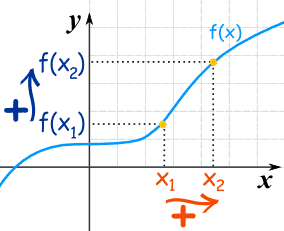Dear Sir,
For the function f(x)=X^x . Find the points at which it is
1.Increasing.
2. Decreasing .
Hence Determine which of e^(pi) , (pi)^ e is greater .
Dear Sir,
For the function f(x)=X^x . Find the points at which it is
1.Increasing.
2. Decreasing .
Hence Determine which of e^(pi) , (pi)^ e is greater .














